The Catalonian independence movement is strong in Barcelona, stemming from the Spanish Civil War and Franco’s dictatorship, but Catalans are divided about whether they wish to separate from Spain for economic reasons alone, or whether political and cultural factors are equally important. As a result, the Spanish flag is almost invisible in Barcelona, while the Catalonian flag flies from balconies everywhere. However, recent internal fracturing of the movement has slowed down the momentum.
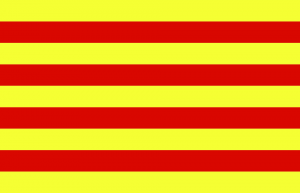 Artur Mas, who was in power for only 3 months after leading the coalition Junts del Si (Together for Yes) to win the Catalonian presidency and claim a victory for the independence movement, was soon dethroned by radical left-wing group Popular Unity Candidacies (CUP) for his alleged support for a corrupt party.
Artur Mas, who was in power for only 3 months after leading the coalition Junts del Si (Together for Yes) to win the Catalonian presidency and claim a victory for the independence movement, was soon dethroned by radical left-wing group Popular Unity Candidacies (CUP) for his alleged support for a corrupt party.
Carles Puigdemont, Catalonia’s current president of the Catalan Democratic Convergence (CDC) party was handed the reins by Mas on 9th January, and is considered as pro-independence as you can get, famously quoting a Catalan journalist executed under the Franco dictatorship “the invaders will be expelled from Catalonia” in reference to the Spanish government.
Yet the independentista movement has limited time to propose a realistic plan, 18 months. Whether this is the moment to be changing their leader is questionable; if they cannot sustain alliances for two years, there is little confidence a stable government can result.
The secessionist movement traditionally had a civilised, progressive and communal reputation. Families, young and old, rich and poor, from Barcelona and villages alike, participated in the annual independence demonstration on September 11 without violence, angry voices or even littering. Apart from a markedly more radical and unpredictable turn, the separatists are accused by some of promoting an image of political righteousness, that the independence movement has a moral right to succeed.



All four parties continue to look for ways to form a government that maximises their influence. However, the constitution holds no provision for secessionism and if a coalition of PP and Ciudadanos is formed, chances are slim to none that it will be revised. It is likely to take months to establish a new Spanish government, with growing likelihood that another visit to the polls is needed, thus slowing down the Catalan separatist movement even further.









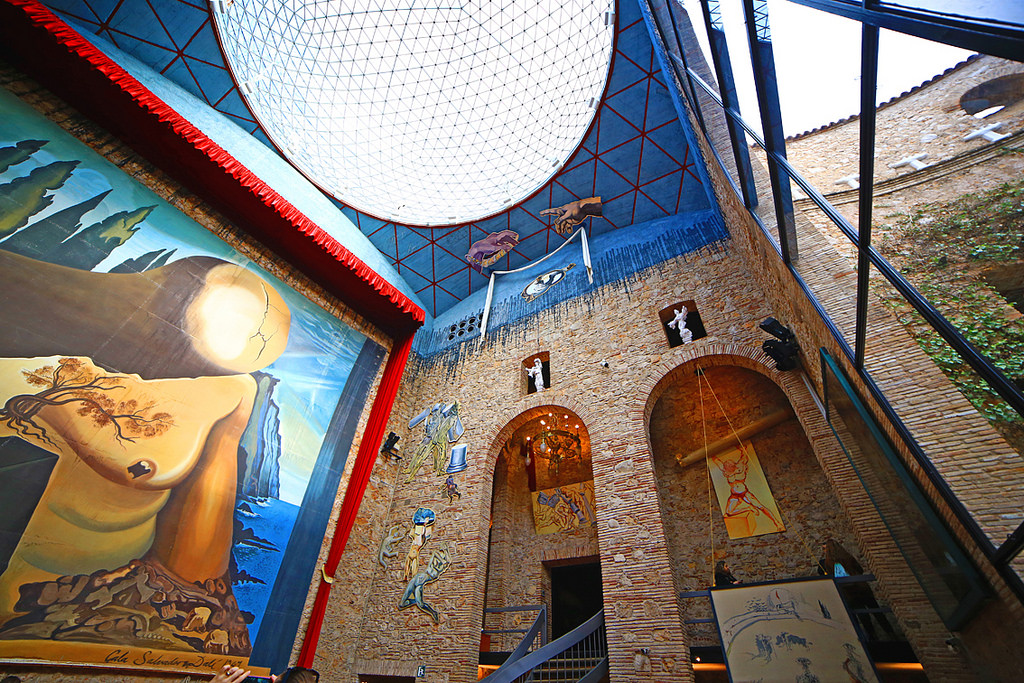
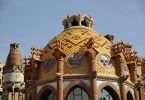
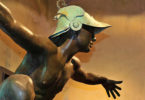



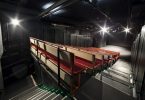
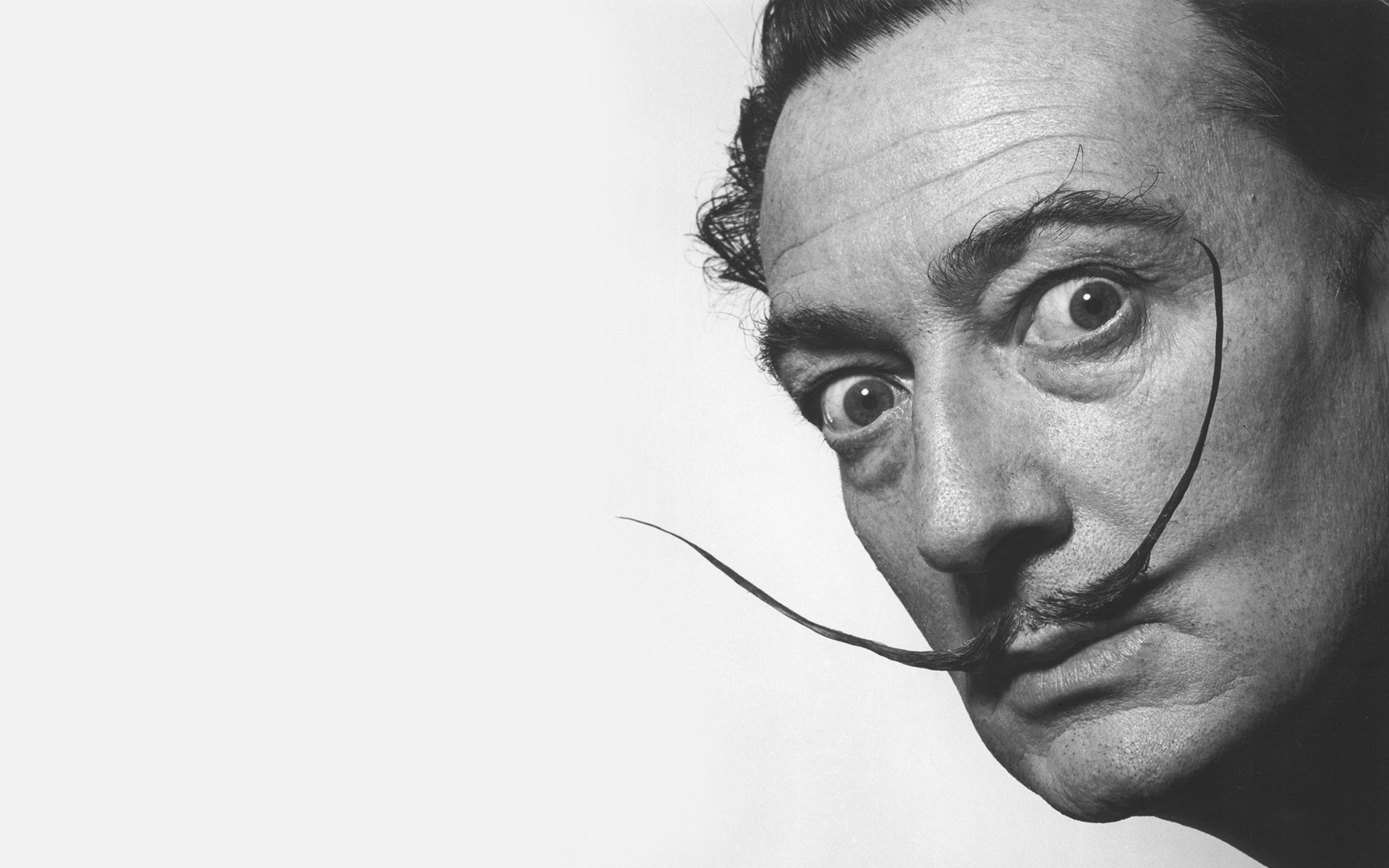

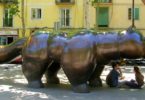

Leave a Comment